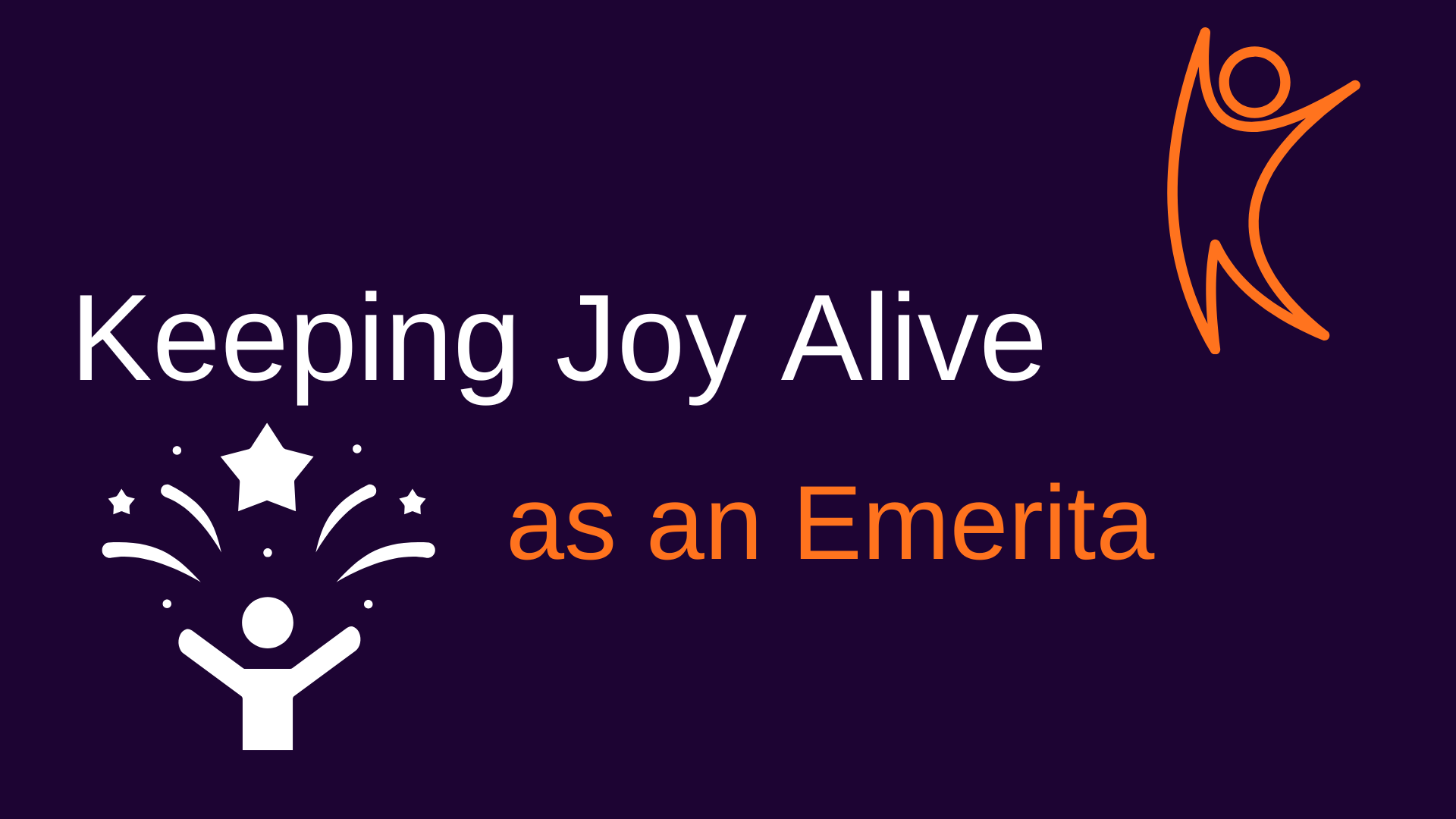Being a movement novice is hard.
You are in constant battle with imposter syndrome and wanting to learn more, but now that you are working in the movement (finally) you have those around you to mentor and guide you. Getting to this point is not easy, breaking into any career is difficult, but it feels 10 times harder to break into movement work, because there was no career fair or guidance counselor letting you know how to get into grassroots organizing. It feels like there is an invisible barrier that stops you from joining the movement if you don’t know the right people or things to say.
I will be the first to say I lucked out on getting my first movement job. Scrolling Tiktok does not usually land someone a role even when that role is social media. I am now better equipped on where to go and who to talk to on finding roles. But this is knowledge that I gained because I have a great mentor and boss. Not knowing about how to break into the work is one thing that keeps people from pursuing movement jobs.
A common path people take in entering the work is by being members of organizations. They volunteer, get to know the organizers, and other staff. They impress people with their dedication and skills.I understand why this works, members make greater workers because they are impacted communities and they know the people. But this method of recruitment creates barriers for people as well. People may not know how to volunteer, or what organizations are active in their area. Working people also have limited time. With only so much time in the day some people don’t have the ability to volunteer. Wanting to better your community should not cause you to burn out, wanting to break into a new area should not cause burn out already, there's enough of that in the movement.
If people take the more traditional path with schooling and education, the argument can be made that they are able to get an internship that will lead to networking, knowledge building, and connections that once they are looking for a permanent role they have some working knowledge. This comes with its own set of challenges, for some folx this isn’t an option. If the internship happens during the traditional Fall/Spring semester, it could mean that the person will need to lower or even quit their jobs or in the summer months working as though you have 2 full time roles and only getting paid for one.
We as a movement need to find ways for those who are transitioning from roles that are often our base to building our bases. Employers and organizations should start thinking about mentorship for those working low wage work, so that they aren’t scared to pursue their passions. Make it easier to find information on entry level roles and look at the salaries on those entry level roles at the same time. We fight for better wages and working conditions for our bases. Organizations also need to look internally. We can’t help others if our own people are struggling.







.svg)